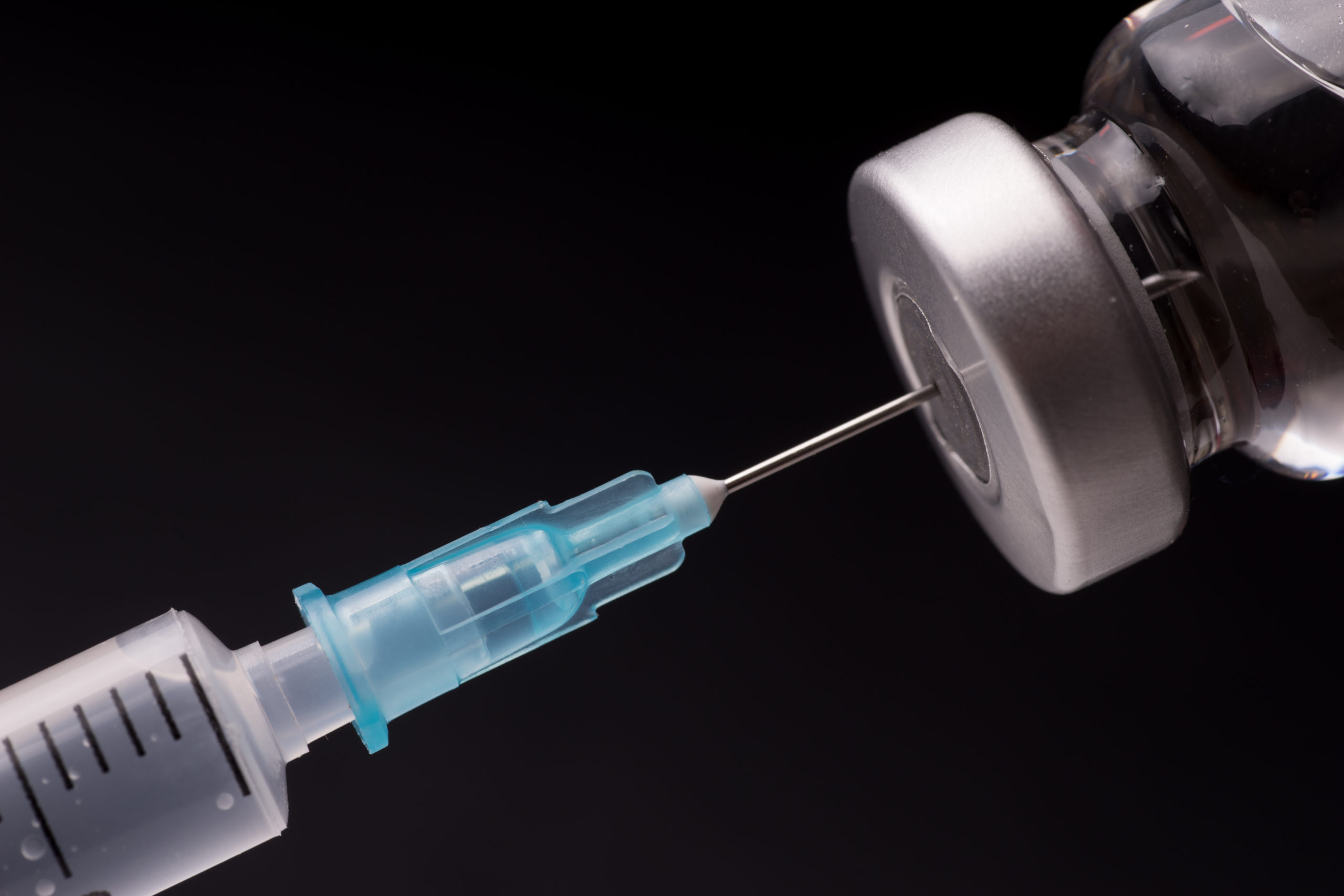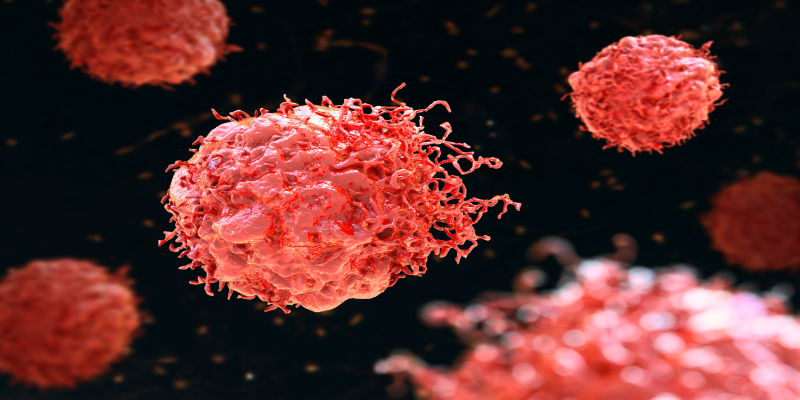
A novel bispecific PD-1/CTLA-4 antibody demonstrated encouraging tumor response rates with manageable safety profiles in a variety of advanced solid malignancies, according to research published in The Lancet Oncology.
Previous research has shown that immune checkpoint inhibitors, specifically those targeting PD-1 or CTLA-4, offer substantial clinical benefits in the treatment of a variety of solid malignancies.
Jiafu Ji, MD, of the Peking University Cancer Hospital & Institute in China, and colleagues designed a multicenter, open-label, phase 1b/2 trial to assess the safety and antitumor activity of cadonilimab monotherapy, a bispecific PD-1/CTLA-4 antibody, in patients with advanced solid tumors. A total of 240 patients treated across 30 hospitals in China were included in the phase 1b study and 157 patients were enrolled in the phase 2 study.
Patients aged at least 18 years with histologically or cytologically confirmed, unresectable advanced solid tumors; unsuccessful completion of at least 1 previous systemic therapy; and an Eastern Cooperative Oncology Group performance status of 0 or 1 were deemed eligible. Those who had previously received anti-PD-1, anti-PD-L1, or anti-CTLA-4 treatment were not eligible.
The phase 1b study consisted of a dose-escalation phase and a dose-expansion phase. In the former, patients received intravenous cadonilimab at 6 mg/kg and 10 mg/kg every 2 weeks. In the latter, patients received cadonilimab at 6 mg/kg and a fixed dose of 450 mg intravenously every 2 weeks.
In the phase 2 study, cadonilimab was received at 6 mg/kg intravenously every 2 weeks. Patients enrolled in phase 2 were split into 3 cohorts: cervical cancer (n=111), esophageal squamous cell carcinoma (n=22), and hepatocellular carcinoma (HCC; n=24).
The primary end points were safety in the phase 1b study and objective response rate (ORR) in the phase 2 study, based on the Response Evaluation Criteria in Solid Tumors, version 1.1.
Dr. Ji and colleagues reported no dose-limiting toxicities during the dose-escalation phase. Grade 3/4 treatment-related adverse events (TRAEs) occurred in 28% (n=67) of patients, with the most frequent grade 3 or worse TRAEs being anemia (3%), increased lipase (2%), decreased bodyweight (1%), decreased appetite (2%), decreased neutrophil count (1%), and infusion-related reaction (1%). Seventeen patients discontinued treatment due to TRAEs, and 54 of the patients reported serious TRAEs, including 5 who died.
After a median follow-up of 19.6 months in the phase 2 study for patients with HCC, the ORR was 16.7% (95% CI, 4.7-37.4).
Additionally, researchers reported ORRs of 32.3% and 18.2% in the phase 2 cervical and esophageal cohorts, respectively.
These “encouraging” tumor response rates and “manageable” safety profiles “suggest the potential of cadonilimab for the treatment of advanced solid tumors,” Dr. Ji and colleagues concluded. They noted that several further studies are underway, including one for HCC (NCT04728321).







 © 2025 Mashup Media, LLC, a Formedics Property. All Rights Reserved.
© 2025 Mashup Media, LLC, a Formedics Property. All Rights Reserved.